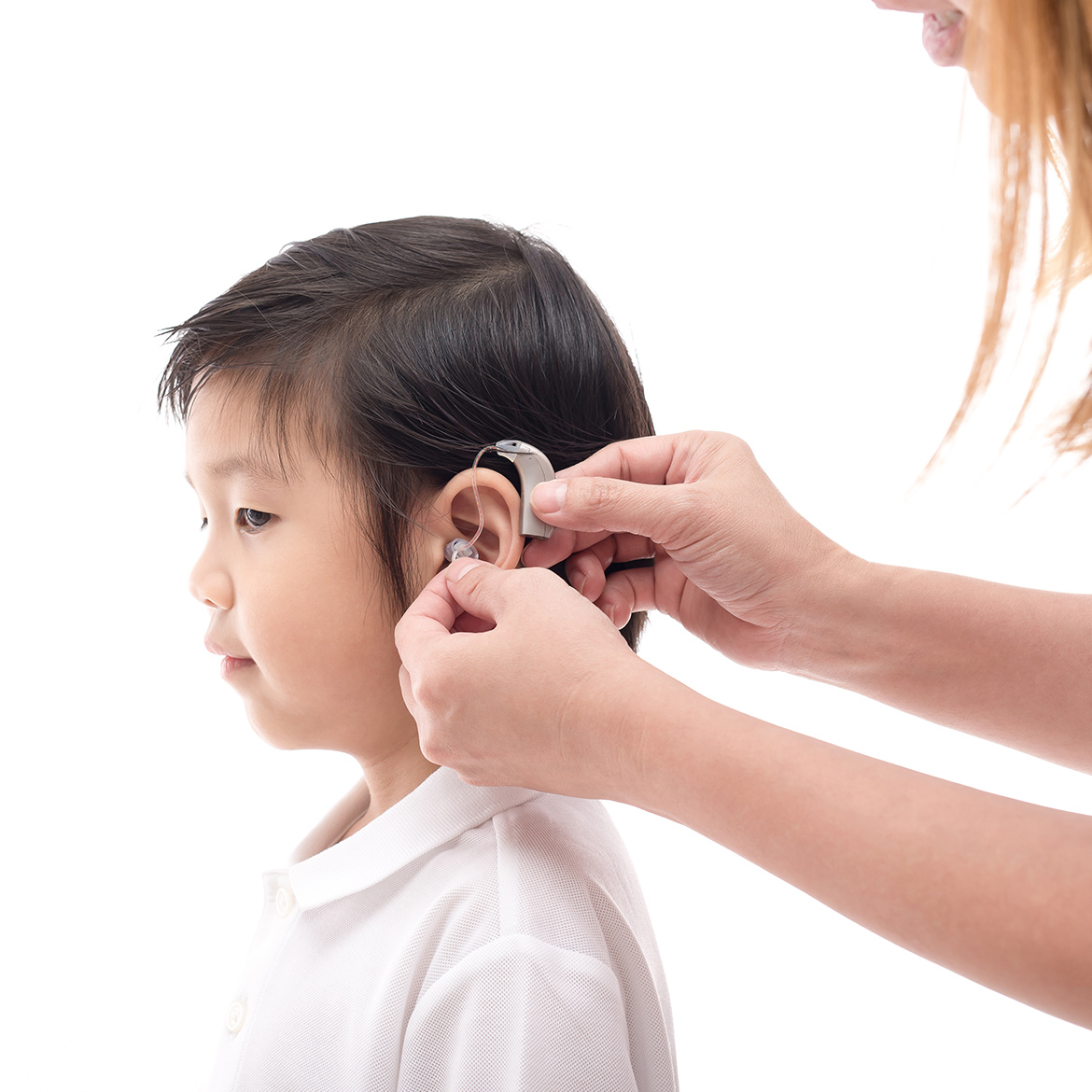School Screenings
Hearing screening is an extremely imperative procedure in the school age population in order to monitor and identify possible hearing problems.
The procedure is quick and non-invasive. We stress the importance of monitoring ones hearing due to the increased risks of hearing loss in modern day lives from noise exposure as well as from unwanted toxins in the atmosphere and diet. These possible mild hearing losses can go unidentified throughout the school career and impede the unknown potential of a child. A hearing loss may interfere with development, communication, health, and education. School age children with even minimal hearing loss are at risk for academic and communication difficulties. Periodic screenings are thus highly recommended.The American Speech and Hearing Association brings forth information stating that children with a hearing loss in one ear are ten times more likely to suffer academic difficulties than their normal hearing peers. A minimal hearing loss can be in only one ear, both ears, or can be the inability to hear high-pitched sounds. Children with this type of hearing loss are able to hear many sounds in their environments, but they often miss soft sounds or sounds of a particular frequency range. Children can have a minimal hearing loss due to a variety of reasons, including genetics, complicated births or deliveries, or exposure to ototoxic drugs as well as many unexplained reasons. These minimal losses often go undetected because children with such losses are believed to be ignoring or not paying attention since they appear to hear with no apparent difficulty.
Furthermore, this screening procedure will identify those children with middle ear pathologies (otitis media). Next to the common cold, ear infections are the most commonly diagnosed childhood illness. If left untreated, otitis media can lead to a permanent hearing loss.
Prime Hearing visits a variety of schools to carry out these hearing screening programs.
